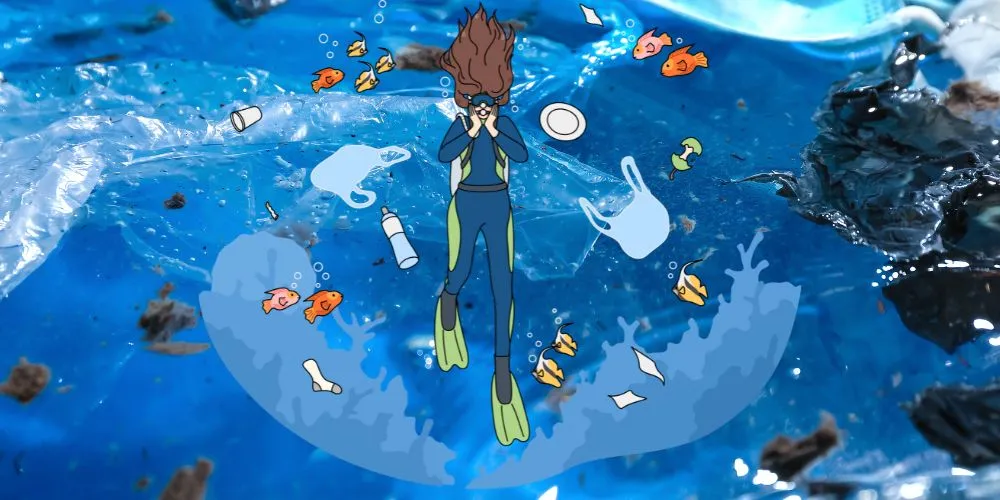Ocean conservation is an urgent and critical need in the face of escalating environmental threats. This insightful analysis explores the significance of ocean conservation, its impact on ecosystems and humanity, its challenges, and the promising future it holds for safeguarding the largest ecosystem on our planet.
Significance of Ocean Conservation
It holds immense significance due to several key aspects:
- Biodiversity Preservation: Oceans harbor an extraordinary variety of life, and conservation ensures the preservation of diverse marine species and ecosystems.
- Climate Regulation: Oceans play a crucial role in climate regulation by absorbing and storing vast amounts of carbon dioxide, helping mitigate the impacts of climate change.
- Economic Sustenance: Millions depend on oceans, including fisheries, tourism, and marine-related industries. Conserving oceans secures sustainable economic growth.
- Human Survival and Health: Oceans provide a significant portion of the world’s oxygen and are a source of food and medicine. Preserving them is vital for human survival and well-being.
Impact on Ecosystems and Humanity
Ocean conservation has a profound impact:
- Ecosystem Health: Conservation efforts protect vital marine habitats like coral reefs, mangroves, and seagrasses, fostering a healthy and balanced marine ecosystem.
- Fisheries Management: Sustainable fishing practices, a part of ocean conservation, ensure the long-term viability of fisheries and prevent overexploitation.
- Tourism and Recreation: Healthy marine environments attract tourists, supporting coastal economies and encouraging conservation-oriented tourism.
- Climate Change Resilience: Healthy oceans are resilient to climate change impacts, offering a buffer against rising sea levels and extreme weather events.
Challenges in Ocean Conservation
Ocean conservation encounters several challenges:
- Overfishing and Illegal Fishing: Overfishing and illegal fishing threaten marine biodiversity and disrupt marine ecosystems.
- Marine Pollution: Pollution from plastic waste, chemicals, and oil spills endangers marine life and habitats.
- Climate Change: Rising sea temperatures, ocean acidification, and extreme weather events due to climate change pose significant threats to marine ecosystems.
- Habitat Destruction: Human activities like coastal development and deep-sea mining destroy critical marine habitats.
The Future of Ocean Conservation
The future of ocean conservation holds exciting possibilities:
- Technological Advancements: Advanced technologies like remote sensing, AI, and underwater robotics will enhance the monitoring and protection of marine ecosystems.
- Global Collaboration: Increased international collaboration and marine protected areas will foster coordinated efforts for effective ocean conservation.
- Sustainable Practices: Adoption of sustainable fishing practices and responsible waste management will mitigate human-induced stress on marine environments.
- Marine Education and Awareness: Enhancing awareness about marine conservation and educating the public on sustainable practices will drive behavioral change.
Conclusion
Ocean conservation is not an isolated effort but a collective responsibility of humanity. By recognizing the value of oceans and understanding their intricate link with our survival, we pave the way for meaningful conservation. The challenges are substantial, but with concerted efforts, advanced technologies, and a shared commitment to sustainable practices, we can ensure the vitality of our oceans. The future of ocean conservation lies in our hands, and by acting responsibly today, we secure a vibrant and sustainable future for the oceans and generations to come.





